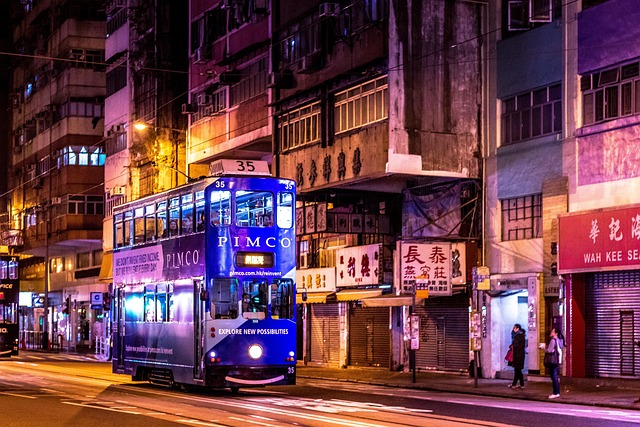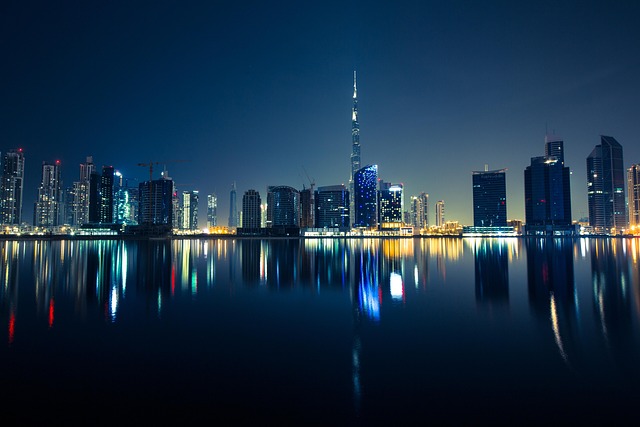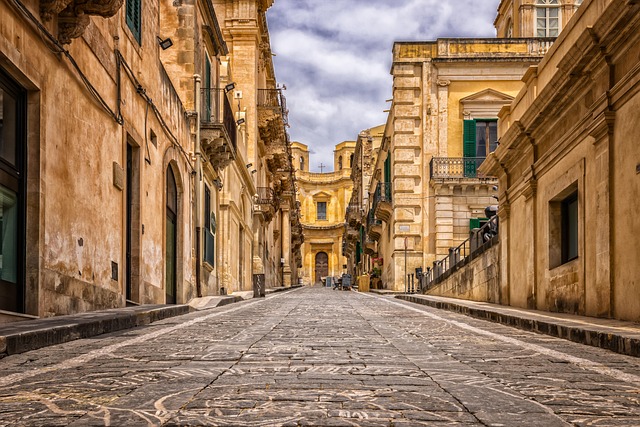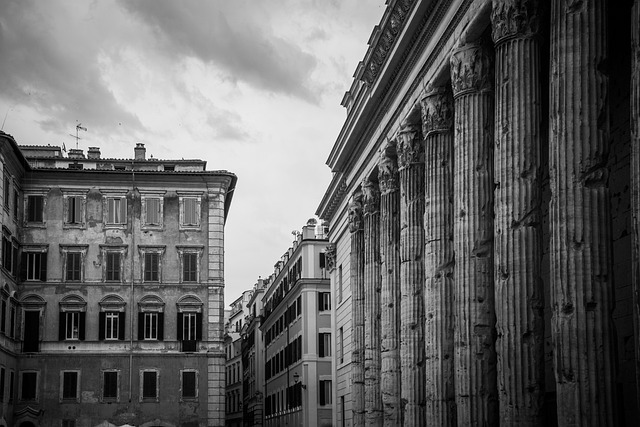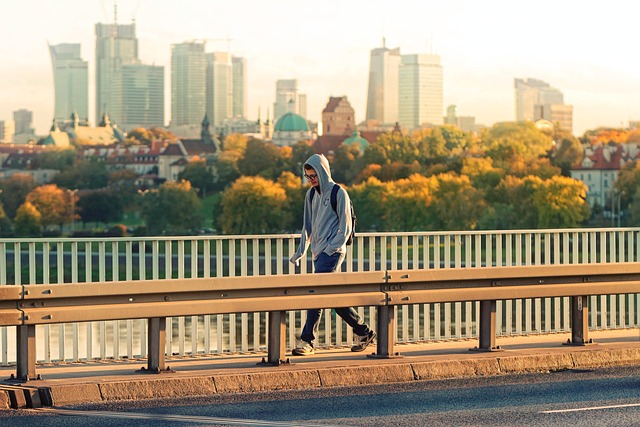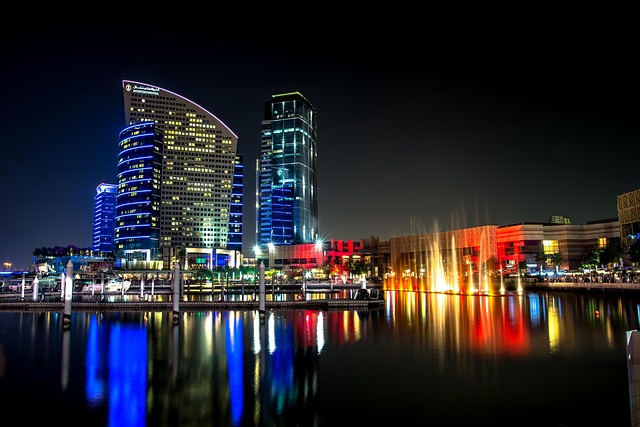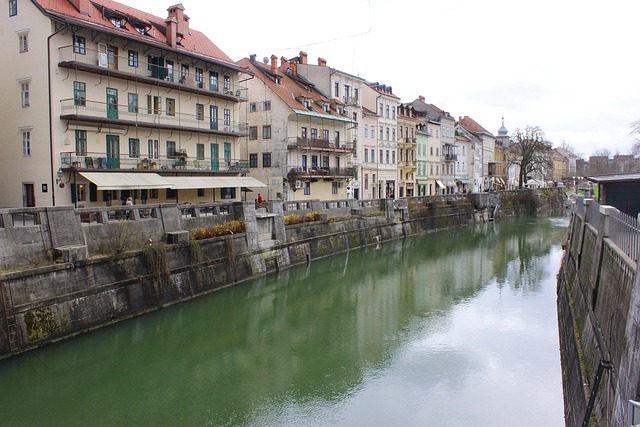
Karachi's construction bylaws regulate zoning, safety, and sustainability, shaping its urban development. These guidelines balance growth with aesthetics, ensuring new constructions harmonize with the city's unique architecture. Stricter regulations focus on energy efficiency, waste management, and smart city technologies for future projects, addressing environmental concerns while maintaining a vibrant metropolis. By adhering to these bylaws, Karachi fosters sustainable development, preserves green spaces, and strengthens its economic hub status through proactive urban planning.
In the bustling metropolis of Karachi, understanding construction bylaws is paramount for both developers and local communities. This article provides a comprehensive overview of the Karachi construction bylaws, delving into their legal frameworks as seen through the lens of Defence View Society. We explore key provisions in building regulations, their impact on stakeholders, and future trends shaping Karachi’s construction landscape. By examining these aspects, we aim to equip readers with insights into navigating this vital domain within the city.
- Karachi Construction Bylaws: A Comprehensive Overview
- Defence View Society: Understanding Legal Frameworks
- Building Regulations in Urban Landscapes: Key Provisions
- Impact on Local Communities and Developers
- Future Trends and Challenges in Karachi's Construction Laws
Karachi Construction Bylaws: A Comprehensive Overview
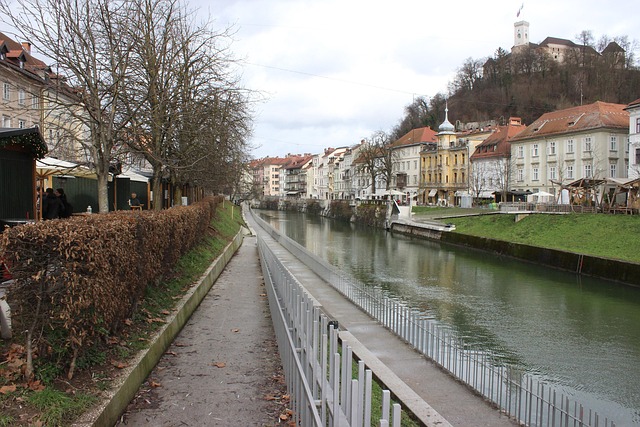
Karachi, as a vibrant and bustling metropolis, has seen immense growth and development over the years. To regulate this progress, the city has implemented comprehensive construction bylaws that serve as a guide for developers, architects, and builders. These Karachi construction bylaws are designed to ensure safety, maintain aesthetics, and promote sustainable urban development.
The bylaws cover various aspects, from zoning regulations that dictate land use and building height to guidelines on structural integrity and energy efficiency. For instance, the rules outline specific requirements for fire safety measures, noise pollution control, and waste management. Additionally, they provide a framework for obtaining permits, ensuring that all construction projects in Karachi adhere to strict environmental and safety standards.
Defence View Society: Understanding Legal Frameworks
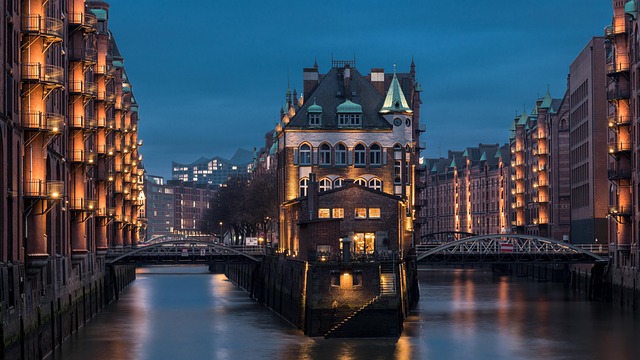
The Defence View Society, a prominent community in Karachi, navigates its development through a complex web of construction bylaws and legal frameworks. These regulations, designed to maintain order and ensure safety, play a crucial role in shaping the urban landscape of this vibrant metropolis. Understanding these legal aspects is essential for any initiative aimed at enhancing or expanding the society’s infrastructure.
Karachi’s unique blend of traditional and modern architecture, coupled with its rapid urbanization, necessitates a thoughtful approach to construction. The bylaws govern everything from zoning regulations to building codes, ensuring that developments align with the city’s overall aesthetic and functional needs. By adhering to these guidelines, the Defence View Society can foster a harmonious environment while accommodating growth, making it a model for sustainable urban development in Pakistan.
Building Regulations in Urban Landscapes: Key Provisions
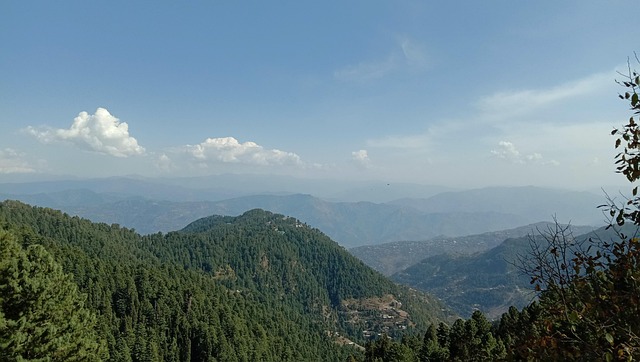
In urban landscapes like Karachi, where rapid development is the norm, adhering to stringent building regulations is essential for sustainable growth. The Defence View Society, a prominent community in the city, has seen significant changes in its construction bylaws over the years to cater to modern needs and challenges. Key provisions include strict guidelines on structural integrity, fire safety, energy efficiency, and accessibility, ensuring buildings are not just robust but also eco-friendly and safe for inhabitants. These regulations also cover zoning, density limits, and infrastructure requirements, aiming to preserve the balance between urban development and quality of life.
Moreover, building codes in Karachi now emphasize smart city principles, integrating technology for better management and monitoring. This shift towards digitalization ensures that construction projects are not just compliant but also contribute to a more livable and connected urban environment. With these measures, the Defence View Society is setting an example for balanced development across the metropolis, balancing the need for progress with the preservation of community well-being and environmental sustainability.
Impact on Local Communities and Developers

The construction bylaws in Karachi have a significant impact on both local communities and developers. For residents, these regulations play a crucial role in maintaining the aesthetic appeal and peaceful coexistence within neighborhoods. They ensure that new constructions align with established urban planning principles, preserving green spaces and community character. This is especially vital in densely populated areas like Karachi, where space is limited and the need to balance development with quality of life is paramount.
For developers, adherence to these bylaws presents both challenges and opportunities. On one hand, they must navigate stringent guidelines for zoning, height restrictions, and environmental considerations. However, these regulations also provide a framework that promotes sustainable and well-integrated projects. By complying with the bylaws, developers can contribute to the long-term prosperity of Karachi, fostering communities that are not only modern but also harmonious with the city’s unique landscape and cultural fabric.
Future Trends and Challenges in Karachi's Construction Laws

Karachi, as Pakistan’s economic powerhouse, faces unique challenges and trends in its construction laws. With rapid urbanization and a booming real estate sector, the city is witnessing a surge in high-rise buildings and complex infrastructure projects. This growth brings both opportunities and hurdles for developers and authorities alike. Future trends suggest an increased focus on sustainable and green building practices to combat environmental concerns. Karachi’s construction bylaws are likely to evolve with stricter regulations on energy efficiency, waste management, and eco-friendly materials to meet these demands.
Another challenge lies in keeping up with the city’s dynamic nature. Karachi’s population growth and migration patterns demand flexible zoning laws and efficient land use planning. The authority must navigate the delicate balance between accommodating development needs and preserving historical and cultural landmarks. Additionally, integrating smart city technologies for better management and transparency will be crucial. These challenges require proactive measures to ensure Karachi’s construction sector remains robust, safe, and environmentally conscious.
The construction bylaws in Karachi, as outlined by the Defence View Society, are a comprehensive legal framework guiding urban development. By understanding these regulations, both local communities and developers can navigate the complex landscape of building permits, ensuring compliance and fostering sustainable growth. As Karachi continues to evolve, staying abreast of future trends and challenges in its construction laws will be vital for maintaining a thriving and orderly metropolis.
